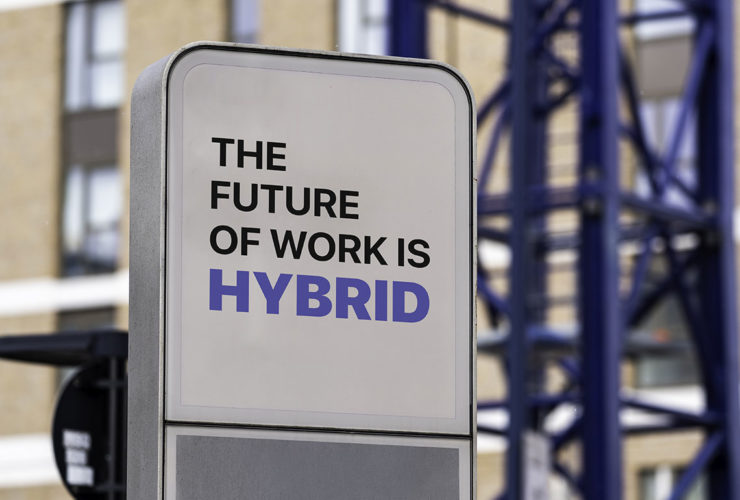What if an IT candidate felt “insulted” by your technical interview process?
For a major U.S. bank, that’s exactly what happened. An IT professional, now an eTeki certified technical interviewer, told us that he felt disrespected after he was interviewed by a recruiter for the bank who lacked IT knowledge and asked him ill-informed questions.
Having negative candidate experiences can be devastating for employers. A Software Advice survey revealed that after a negative candidate experience, 63% of job seekers would be much more likely or somewhat more likely to not accept a job offer. The percentage might be even higher in IT, where strong candidates have the ability to pick and choose due to the incredible demand for tech talent.
For IT roles, one of the most important parts of the candidate experience is the technical interview, during which technical skills are evaluated. Here are three steps for creating a great technical interview experience:
1. Have a knowledgeable technical interviewer ask challenging questions.
Let’s return to the interviewer we spoke with to see why this is important. Irritated by ill-informed questions, he said he preferred tough questions from someone who understands IT, so he could showcase why he was a good fit to the role. He’s, of course, not alone in this view.
The best candidates, the ones that you want to join your organization, want to have a chance to shine. They can only do that with challenging questions, ones that test technical skills, allowing them to separate themselves from lesser candidates. And only a quality technical interviewer, with hands-on IT experience, can ask these questions, and properly evaluate answers. This effort has lasting benefits. A Glassdoor study found that, for each of six countries it examined (including the United States), tougher interview processes are linked with higher employee satisfaction. Particularly, having a 10% more difficult interview process is connected with 2.6% higher employee satisfaction later on. The reason, researchers found, is challenging questions help improve candidate fit—they help identify employees that will succeed at given roles.
2. Do video interviews. According to an HR.com survey sponsored by HireVue, 74% of candidates are very satisfied or satisfied with using video interviewing platforms, while just 5% are dissatisfied. Video interviews have several advantages for candidates in general:
- They can be arranged more quickly than in-person interviews and are more convenient, as candidates don’t even have to leave home, let alone travel.
- They quicken the hiring process—56% of employers say video interviews reduce their time to fill by 2 to 4 weeks or more. This is important because 83% of candidates say a long hiring process significantly or somewhat worsens their candidate experience, according to the Software Advice survey.
- They can reduce anxiety. Many candidates get nervous before or even during an interview, which can impact their performance and experience. A video interview can be reassuring—provided the interviewers use positive body language, and show interest in what candidates are saying.
3. Use technical assessment tools. Using tools such as virtual whiteboards and code editors during video technical interviews make it much easier and much more efficient for candidates to showcase their coding skills. They also allow interviews to be highly collaborative, another candidate experience plus, with candidates and interviews both able to write code, draw networks, and the like.
To understand the value of using technical assessment tools for candidate experience, it helps to look at the downside to not using them. Imagine trying to relay code, over the video, or even worse, the phone. IT pros have told us horror stories of this. It removes rhythm from interviews and makes it hard for candidates to feel at ease. It almost goes without saying that it’s frustrating, and contributes to poor candidate experience. Employers suffer here too, appearing disorganized and dysfunctional for not having the right tools to have a proper technical interview.
Some employers try to get around technical interviews through required homework assignments. The problem with this from a candidate experience perspective: some companies give projects that are way too long, taking too much of candidates’ time. And from your perspective as an employer, a major drawback is these assignments aren’t proctored, meaning cheaters can get an easy A-plus. Another issue is homework assignments are one-way assessments—they are not interactive—so they reveal less information about candidates’ technical skills. Like most one-way assessments, they are good for reducing a field of candidates to a manageable size. To get the best understanding of candidate’s’ technical skills, however, you need challenging, interactive and well-conducted technical interviews.







